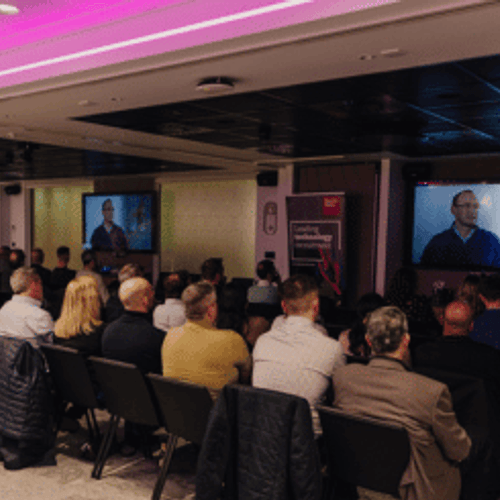Phil Hurlston and the team at Harvey Nash provided exceptional support for our IT recruitment campaign during a critical phase of strategic transformation. As a higher education organisation in the North West of England, we faced significant challenges in filling key vacancies across multiple IT disciplines. Harvey Nash worked closely with us, leveraging their expertise to attract top-tier talent across Senior IT Leadership, Architecture, Cloud, Data & Integration, Storage & Virtualisation, Portfolio Management, Design & Innovation, IT Service Management, and more. Their strategic, collaborative approach secured candidates we would not have been able to recruit alone — individuals with both the technical expertise and cultural alignment we needed. What set Harvey Nash apart was their deep understanding of not only IT sector challenges but also the unique aspects of our organisational culture. Their exceptional customer service, proactive listening, and responsiveness made them an invaluable extension of our team. They continue to provide market insight and expertise that informs our strategic thinking. I would not hesitate to recommend Phil and the Harvey Nash team for their expertise, professionalism, and ability to deliver high-quality candidates tailored to organisational needs








